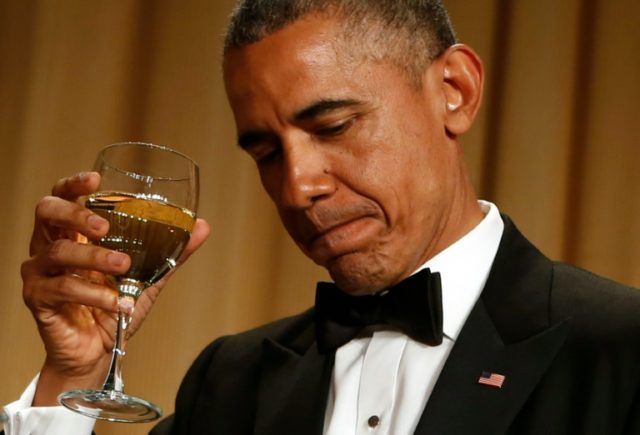Beyond the revelations in a recent controversial New York Times story concerning the White House’s marketing of the Iran nuclear deal, there is a larger trend of Obama administration officials believing they can control the news media, Breitbart Jerusalem bureau chief and senior investigative reporter Aaron Klein stated in a radio interview on Wednesday.
Klein was speaking during his weekly segment on John Batchelor’s popular national radio show.
Click below to listen to Klein’s full segment on Batchelor’s program.
“It’s a larger theme here of other members of Obama administration seeming to think that they can control the news media,” stated Klein.
He was referring to the New York Times’ nearly 10,000-word profile of President Obama’s Deputy National Security Adviser Ben Rhodes, which described Rhodes as almost a ventriloquist who shapes reporters’ coverage and expects “message discipline” from the news media.
Robert Malley, senior director at the National Security Council, was quoted as saying “experts” were utilized to sell Obama’s Iran deal to the public and create an “echo chamber” that disseminated administration claims about Iran to “hundreds of often-clueless reporters.”
Klein replied: “Is he and are other members of the Obama administration so out of touch with reality … that he would actually think that there would be no ramifications for these kinds of descriptions?”
“And it’s not the first time.”
Klein noted that in October 2009, he broke the story of then-White House Communications Director Anita Dunn disclosing to the Dominican government at a videotaped conference that Obama’s 2008 presidential campaign made the media report certain things. Dunn stated the campaign rarely communicated anything to the press unless it was “controlled.”
“Very rarely did we communicate through the press anything that we didn’t absolutely control,” said Dunn in that video.
“One of the reasons we did so many of the David Plouffe videos was not just for our supporters, but also because it was a way for us to get our message out without having to actually talk to reporters,” said Dunn, referring to Obama’s chief campaign manager.
“We just put that out there and made them write what Plouffe had said as opposed to Plouffe doing an interview with a reporter. So it was very much we controlled it as opposed to the press controlled it,” Dunn said.
Continued Dunn: “Whether it was a David Plouffe video or an Obama speech, a huge part of our press strategy was focused on making the media cover what Obama was actually saying as opposed to why the campaign was saying it, what the tactic was. … Making the press cover what we were saying.”
Meanwhile, Klein noted that perhaps one of the most telling statements from Rhodes himself reveals some of the motivation for the Iran nuclear deal – that the agreement advances Obama’s general academic foreign policy philosophies.
Rhodes related: “It’s the possibility of improved relations with adversaries. It’s nonproliferation. So all these threads that the president’s been spinning — and I mean that not in the press sense — for almost a decade, they kind of all converged around Iran.”
Klein responded: “What it seems Rhodes is describing here is that the Iran nuclear deal happened to fit the Obama academic agenda for the Middle East.”

COMMENTS
Please let us know if you're having issues with commenting.